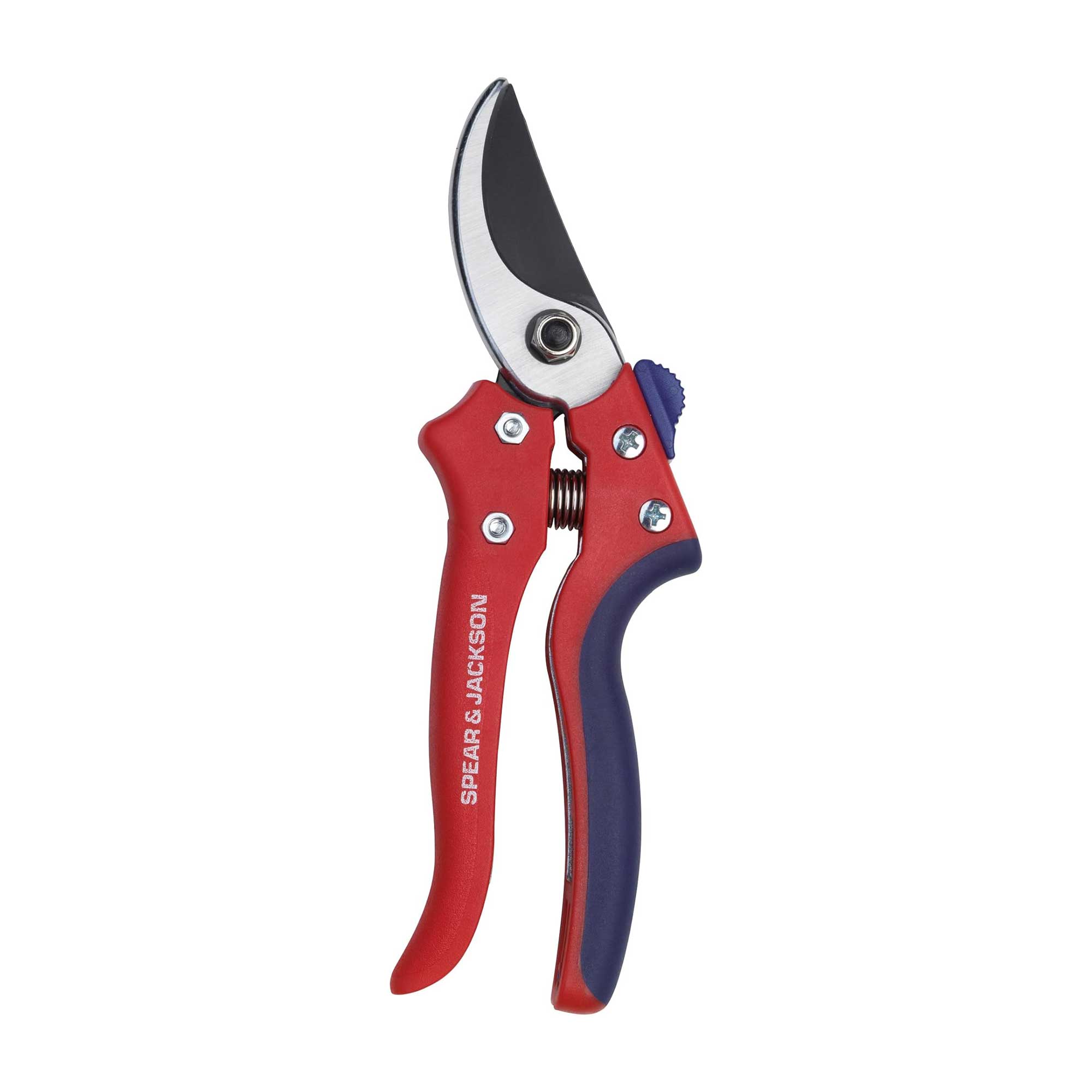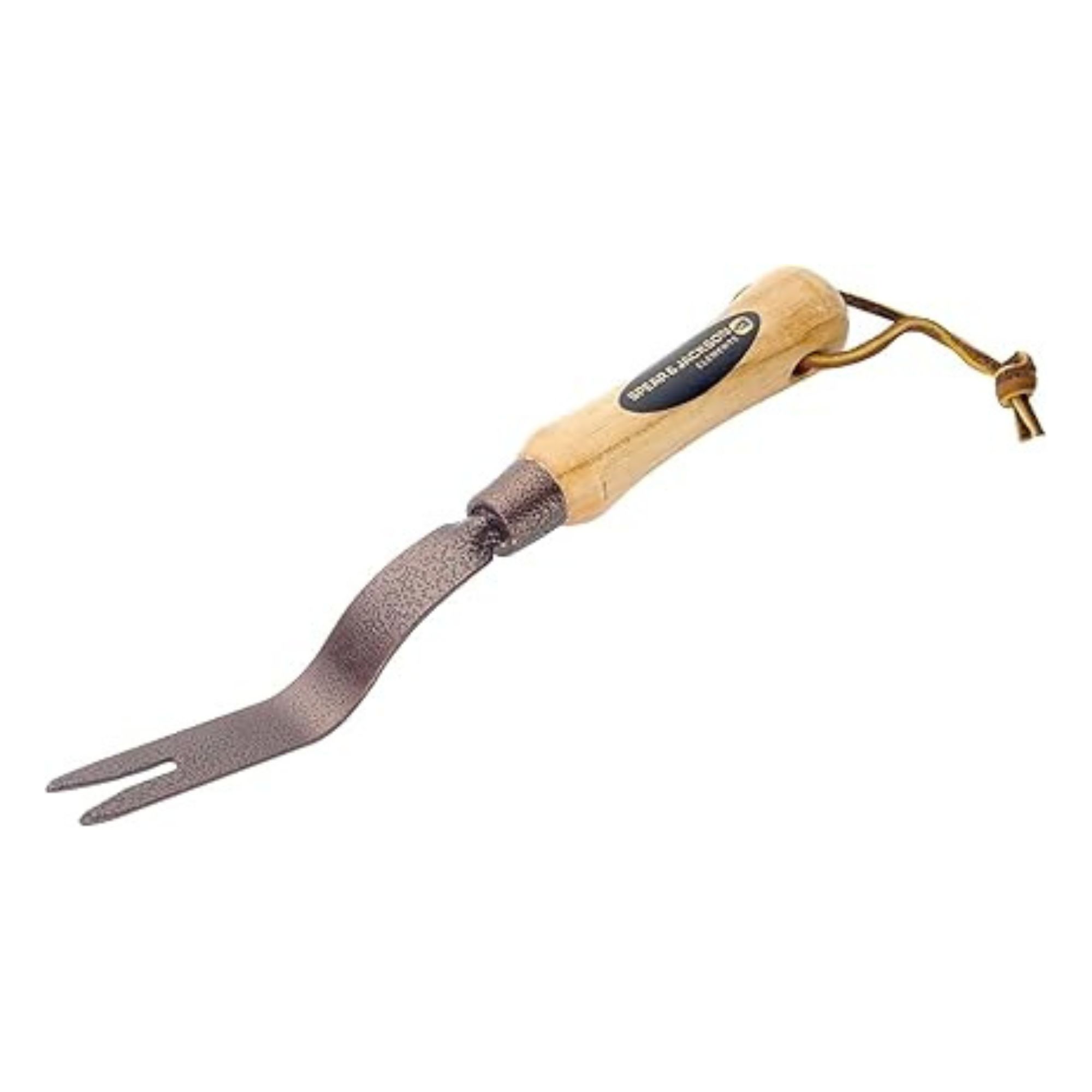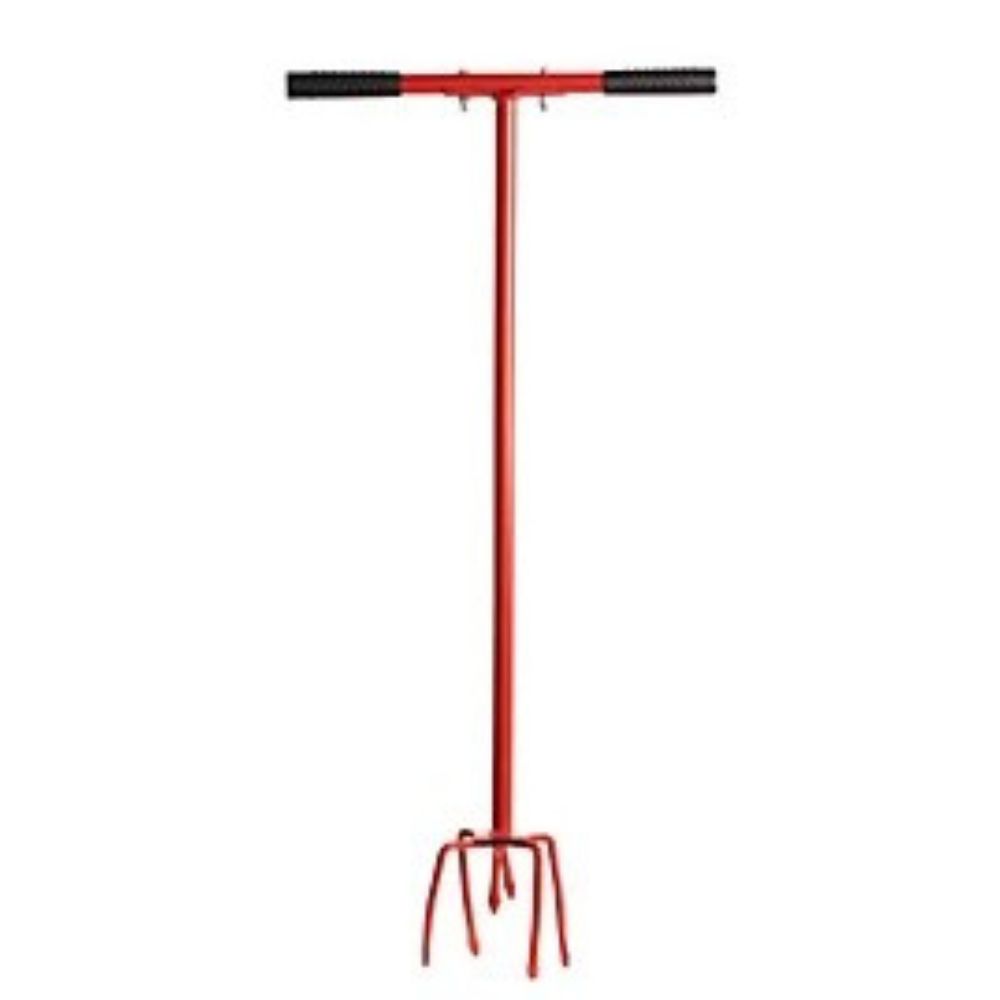9 Important jobs to do in your garden this September, according to the experts
With summer drawing to a close, there's much to be done in your outdoor space to get it ready for the cold months ahead

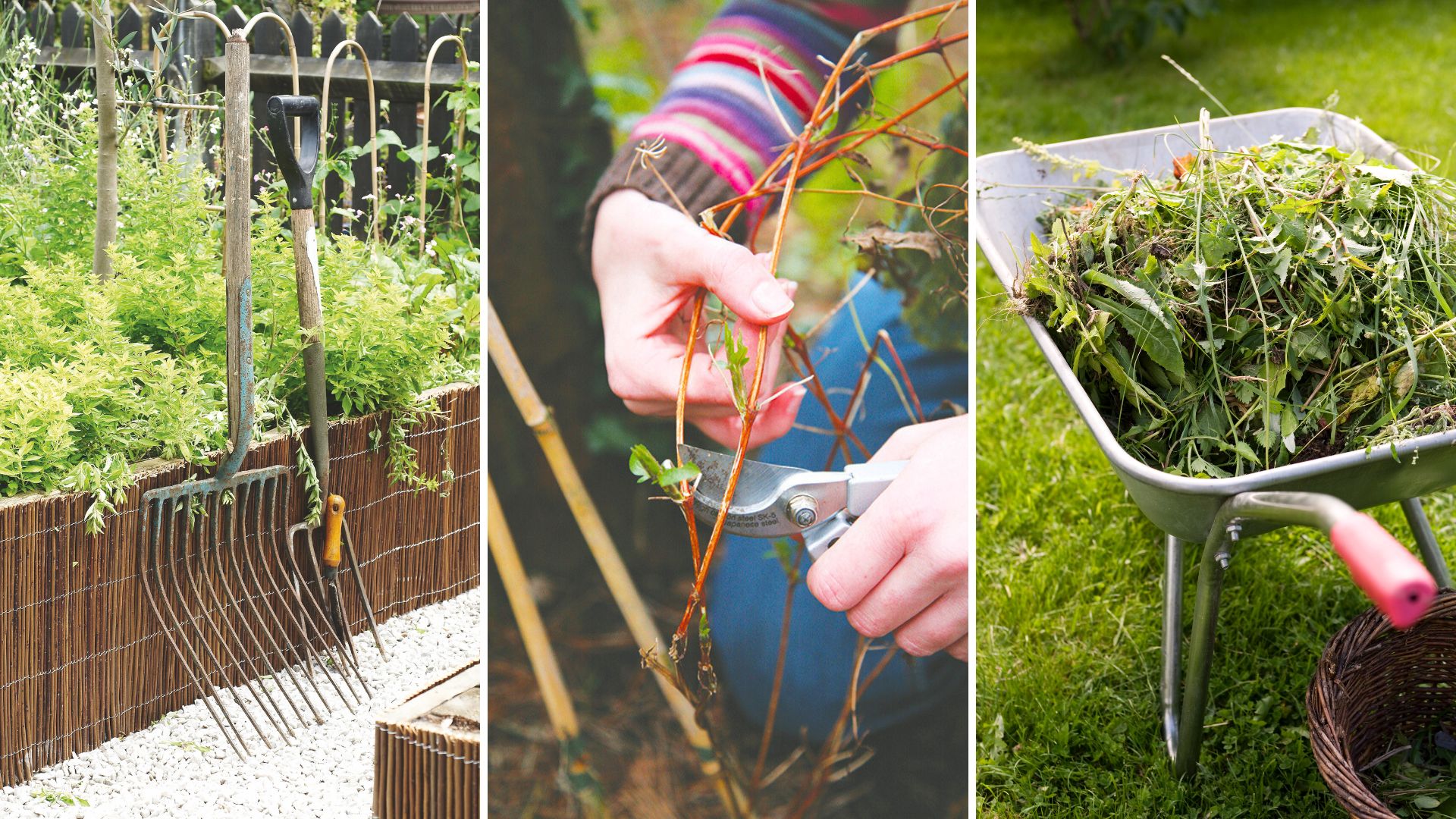
With the balmy warmth and long evenings of summer firmly behind us, now is the time to prepare our outdoor spaces for the winter months. Starting, of course, with the all-important September gardening jobs.
While you may have already completed all your essential summer jobs earlier in the season, there's a whole host of new tasks to be done to get your garden ready for the next season. Putting garden trends aside, you'll want to get started on transforming your garden to ensure it survives whatever winter brings. Hint: lots of rain and cold.
With that in mind, we consulted our gardening experts to determine which tasks they recommend completing this month and why they're so important.
9 jobs to get done in the garden this September
Taking steps to sort out your garden depends on the season in which you plan to do it. For example, in summer, key August gardening jobs may entail a lot more watering and planting, whereas in autumn and winter, you'll want to prioritise preparing and protecting your plants for the more aggressive weather.
Here are the nine jobs garden experts recommend you get done to give your garden the best chance of success in the new year.
1. Lawn care
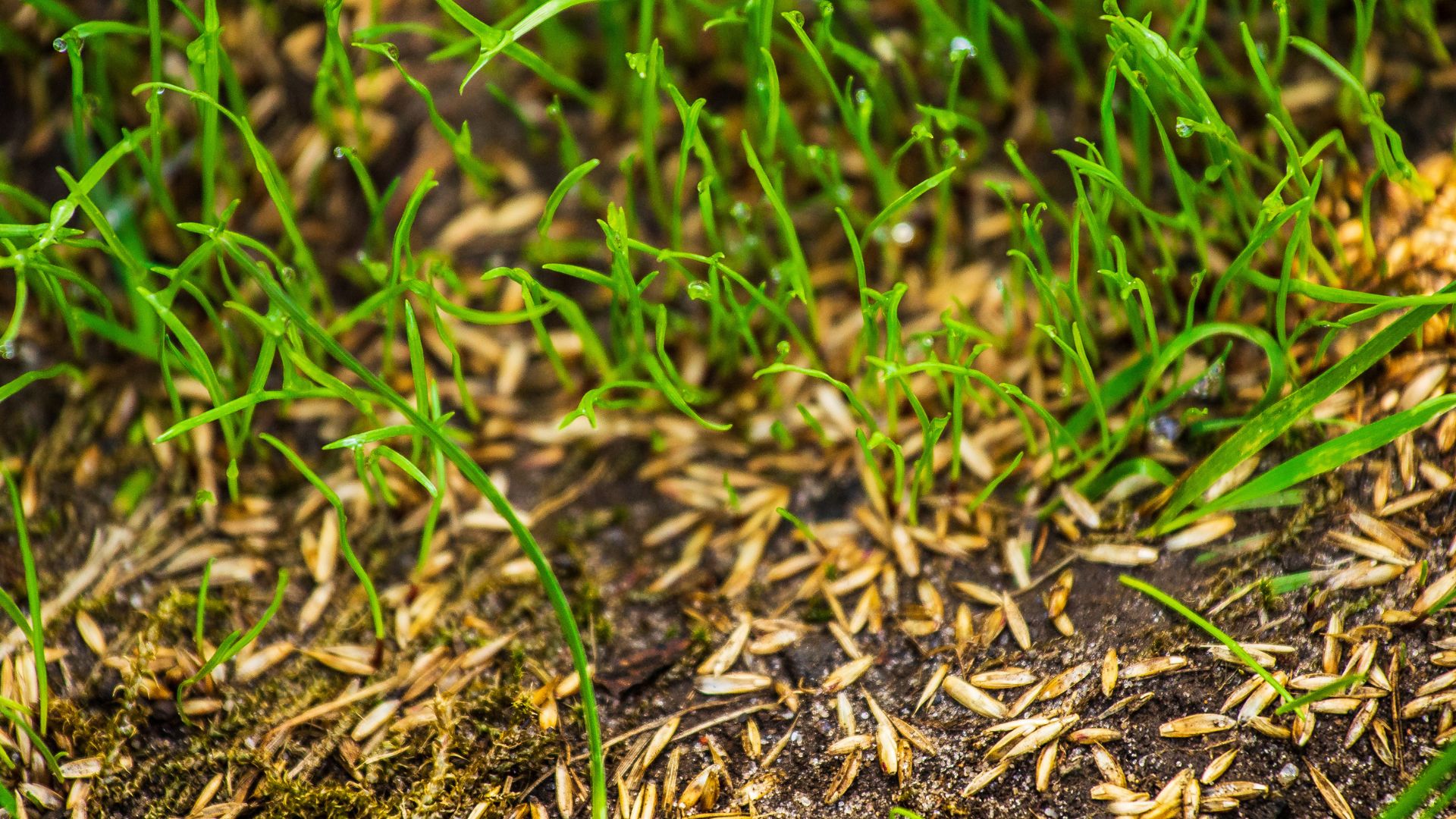
Whether you know all the lawn care mistakes to avoid or not, ensuring your lawn remains healthy through both summer and winter can be a real challenge. This is why it's important to tend to it now before the more difficult weather arrives.
Julian Palphramand, Plant Lead at British Garden Centres, says, "September is the best month to sow grass seed. The cool temperatures and fewer extreme weather conditions make it ideal for grass to establish. If your lawn needs TLC, applying feed and weed will revitalise it and prepare it for the upcoming season and winter."
Sign up to our free daily email for the latest royal and entertainment news, interesting opinion, expert advice on styling and beauty trends, and no-nonsense guides to the health and wellness questions you want answered.
He also adds that regular mowing is essential for lawn maintenance, even during autumn when the shorter days and cooler temperatures will mean less frequent moving.
"For lawns troubled by moss and weeds, it's important to address these issues before scarifying. September is also the perfect time for aeration, which involves creating small holes in the soil using a garden fork to allow better air, water, and nutrient penetration to the grassroots," he advises.
You can pick up some fast-growing grass seed from Amazon for as little as £13.99, and this one comes highly recommended.

Overseeing the procurement and selection of indoor and outdoor plant varieties for the company's 62 retail stores across the UK makes Julian an expert in sourcing the perfect plants. His expertise in horticulture and his passion for fostering a love of plants among customers help drive the continuous growth and success of the group.
2. Pruning
When it comes to pruning, there are many plants you should never prune in the summer, and that's because they'll benefit from it more in the colder months after August.
"In September, trim back any summer-flowering perennials that have finished blooming to promote tidiness and redirect energy to their roots," advises Petar Ivanov, a gardening and plant expert at Fantastic Gardeners.
"However, avoid heavy pruning of woody shrubs and trees because it may stimulate new growth that won't have enough time to harden before winter."

Peter has been a gardening and plant expert at Fantastic Gardeners for over 8 years, he is now one of the company's top-performing experts and manages over 6 teams of gardeners. He works on creating stunning landscapes and prioritises sustainability in his gardening methods.
3. Deadheading
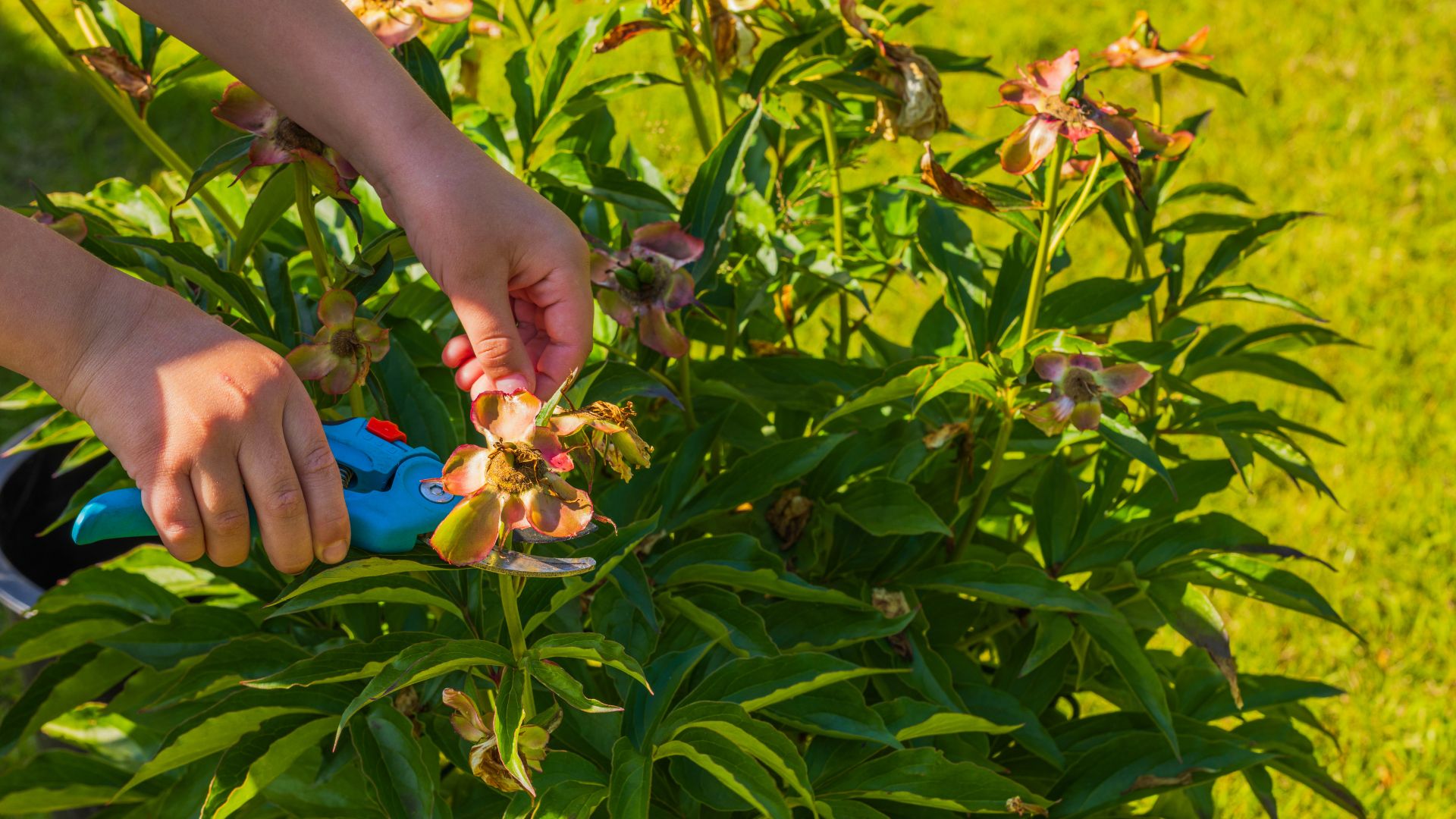
It's important to know how to deadhead your garden plants properly, as it can have huge benefits for your garden's aesthetic and each plant's health. There are some plants you should never deadhead however, those that need it will be grateful for it before the cold months.
Phoebe Carter, expert plant buyer at Cherry Lane Garden Centres, says, "Autumn is the perfect time to begin tidying, deadheading and removing dead or diseased branches, not only neatens your garden, but it also helps prevent the spread of disease. Removing these spent flowers also encourages plants to continue blooming by focusing their energy on new bulbs for the new season."
Just make sure you check whether the plant you're about to deadhead actually needs it first.
4. Dividing plants and planting
Similar to how you take a houseplant cutting, dividing your plants in your garden is known as succession planting, meaning you get more blossoms when the time comes.
Lucie Bradley from Two Wests and Elliott explains that now is a great time to start this dividing process. She says, "Throughout September (and October), divide up clumps of perennials in your garden – a great opportunity to pass on plants to friends and neighbours or spread plants around. Dividing perennial plants (every 2 or 3 years) is a great way to help plants remain healthy, as it encourages vigorous growth."
Dividing isn't the only thing you should be doing with your plants; September is also a great time to get ahead on planting certain species, too. Just as there are certain vegetables to plant in September, there are some flowers that can grow through winter.
"Start arranging and planting new autumn/winter hanging baskets and containers ready for a gorgeous display of autumn colour. Look for plants that are well-suited to smaller spaces and cooler temperatures, such as primroses and winter heathers," adds Lucie.
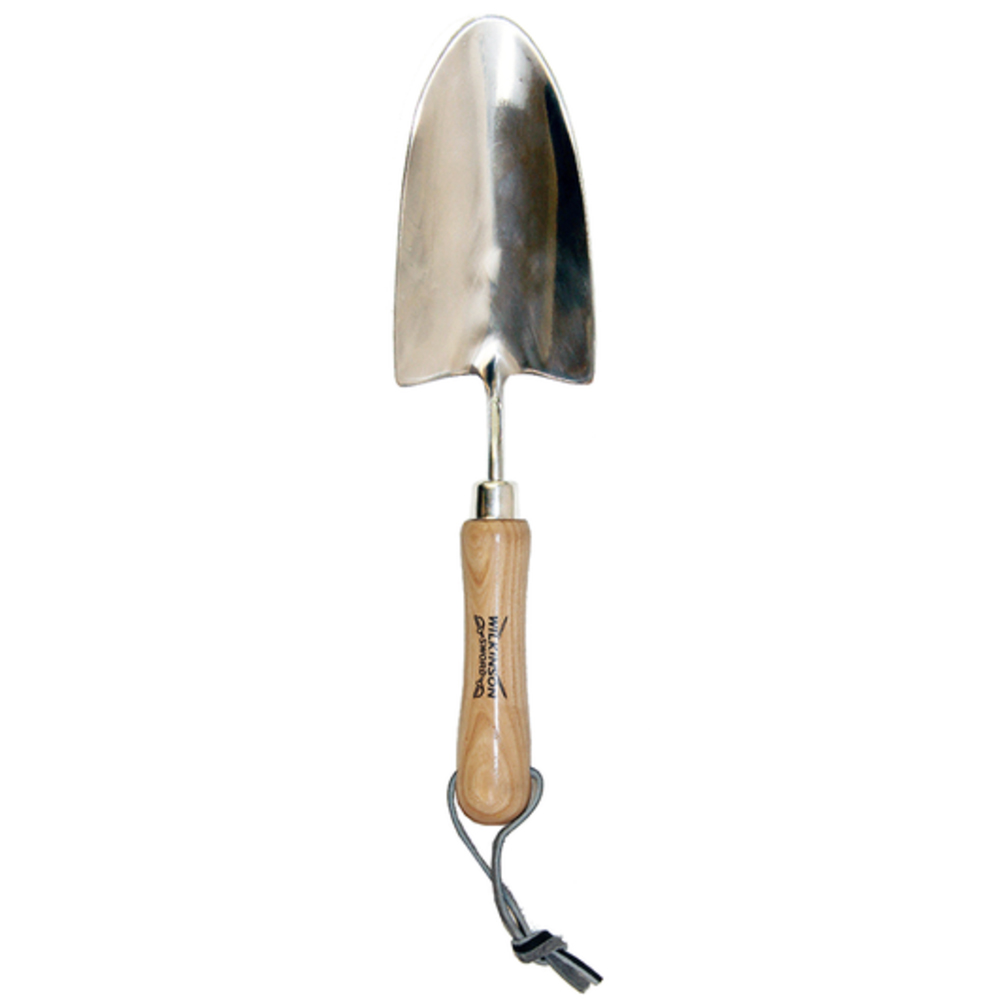
RRP: £7.29 | This sturdy stainless steel tool is a great all-rounder for gardening tasks, and super easy to use and store thanks to the leather hanging strap.
5. Weeding and cleaning up
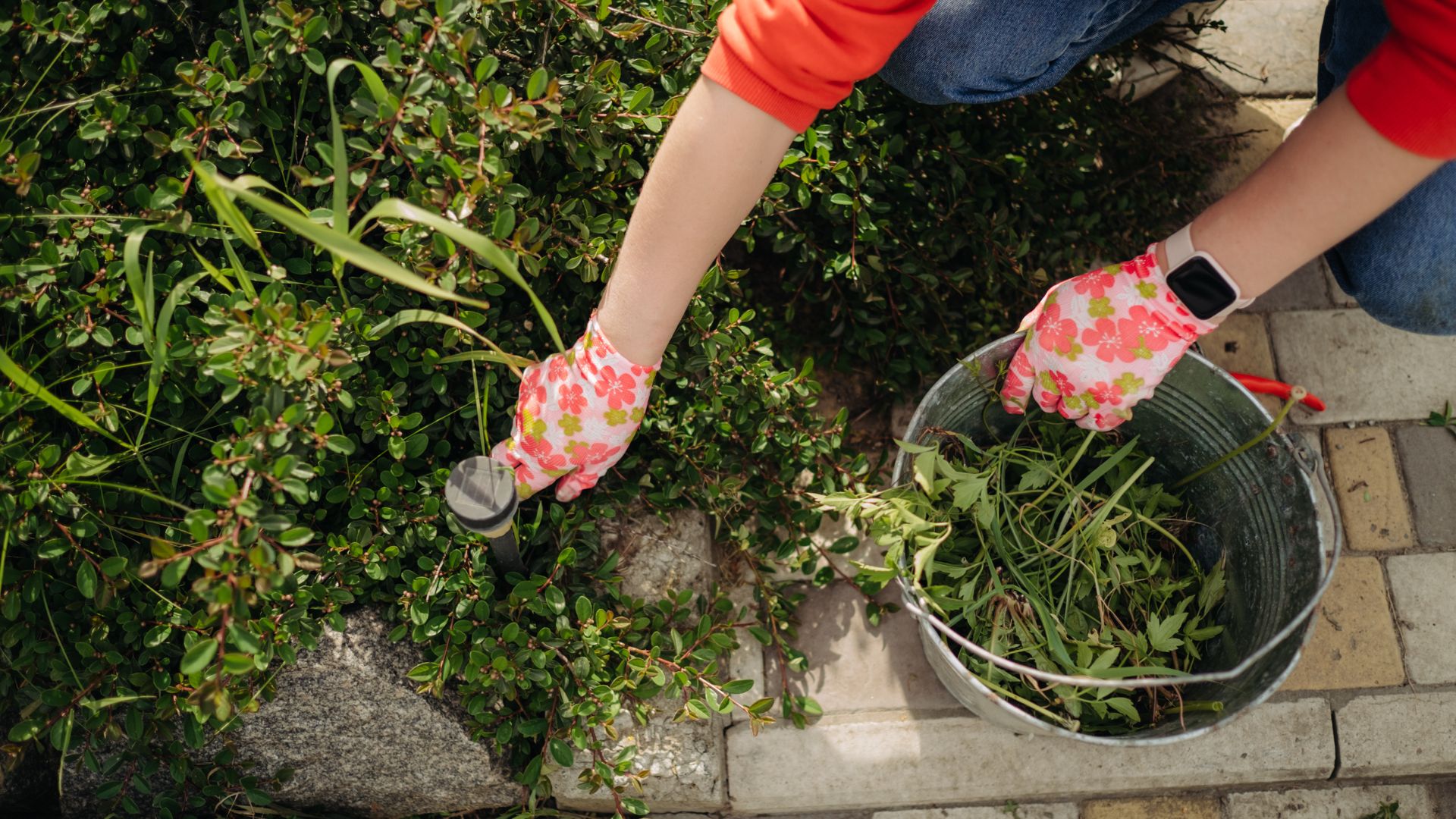
Knowing how to get rid of weeds is one of the most important gardening tips for keeping your garden looking its best. Unless you're opting for the rewilding trend, it's key to keep on top of weeding, especially as we head into autumn.
"During this month, remove any weeds from your garden to prevent them from going to seed and causing more problems in the future," Petar advises. "Also, clean any fallen leaves and debris to prevent disease and pests from overwintering in your garden and prevent sunlight from reaching the soil."
Going around your garden and giving it a general thorough clean will make your garden spring clean next year so much easier. This also means tidying away any summer decor you've kept up that might not survive the colder weather that's on its way.
6. Fertilising and mulching
Where you might have already mastered how to water your garden plants, knowing when and how to keep them fed and fertilised can be a little trickier.
Phoebe explains, "As your plants prepare to go dormant, their nutrient needs change. Feeding plants during the early autumn helps them build energy reserves that they tap into so they can survive the winter and come back stronger in the spring."
She does, however, point out that it's important not to overfeed your plants. Phoebe advises, "You shouldn’t feed them in October, so they can prepare for frost and build a form of resilience."
As for mulching, Petar recommends adding a layer around any trees, shrubs, and perennial beds to help conserve moisture and regulate soil temperature during the colder season.
7. Protection
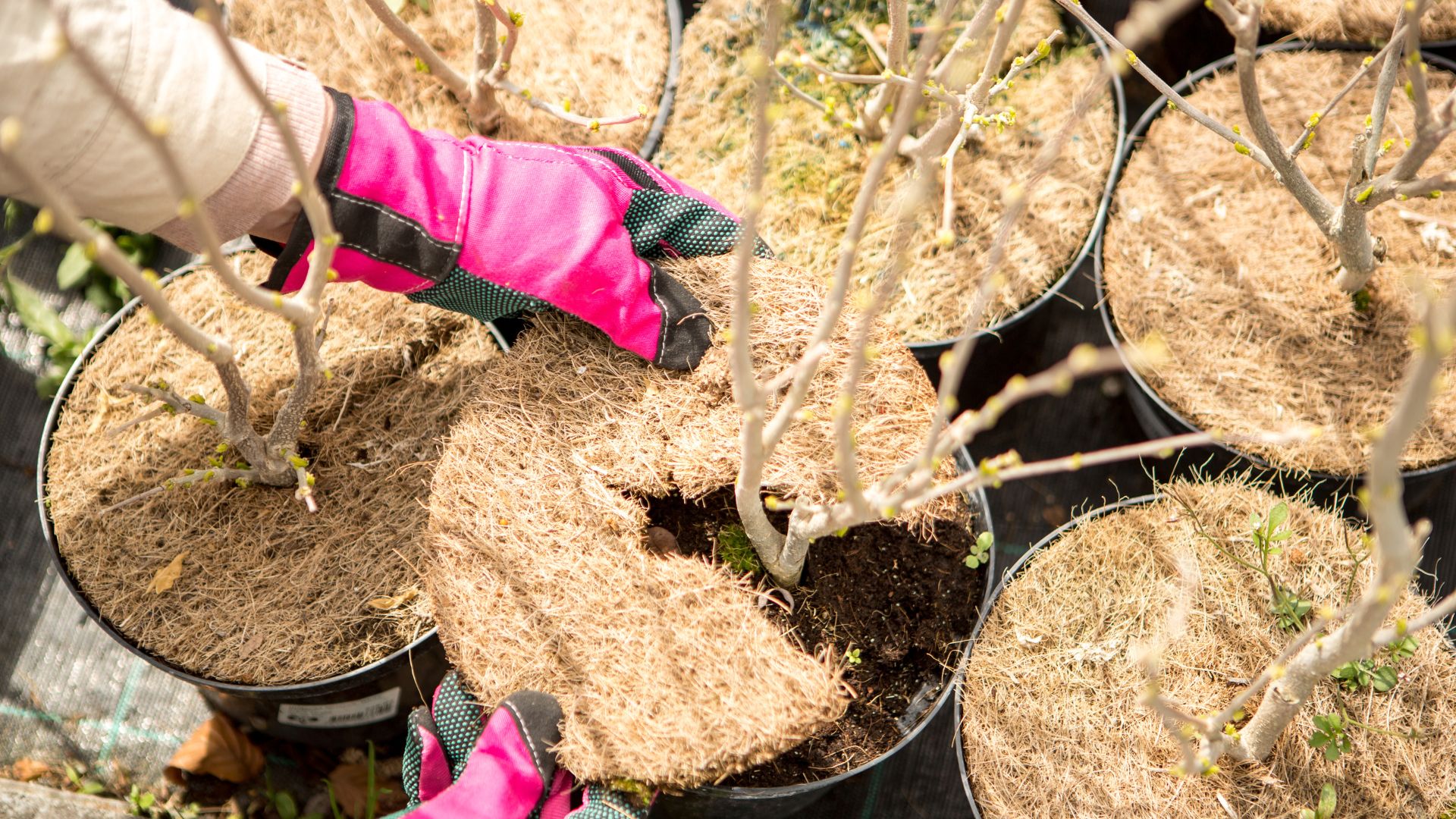
As we enter autumn, you can forget to protect your plants from frost. Whether you use old towels in your garden as a frost barrier or have your own ways, you'll want to make sure your most vulnerable plants can survive the cold weather.
"The frost can be brutal on our gardens. Container plants are more vulnerable to temperature fluctuations than those planted in the ground. As the cold air sets in, these plants may need extra protection," explains Phoebe.
She adds, "If possible, move your container plants to a more sheltered location - places like a greenhouse or indoors are ideal. If this is not possible, places like a south-facing wall or under an overhang will help them to retain heat and protect them from strong winds."
8. Pond care
Ponds are a fantastic way for attracting wildlife to your garden, but knowing when and how to clean and maintain a pond is incredibly important.
"Remove the fading leaves and stems of plants that are in or around the pond before they die back fully, as this will prevent decomposing plant matter from accumulating in the water," explains Richard Barker, horticulture expert and Commercial Director of LBS Horticulture.
"You should also cover the pond with a net to catch falling leaves, but check that there are gaps in the netting for wildlife to escape if needed. Remove any blanketweed in the pond, but before fully taking it out of the water, it should be left by the side of the pond for a few days so any sheltering wildlife can escape," he continues.
9. Greenhouse cleaning
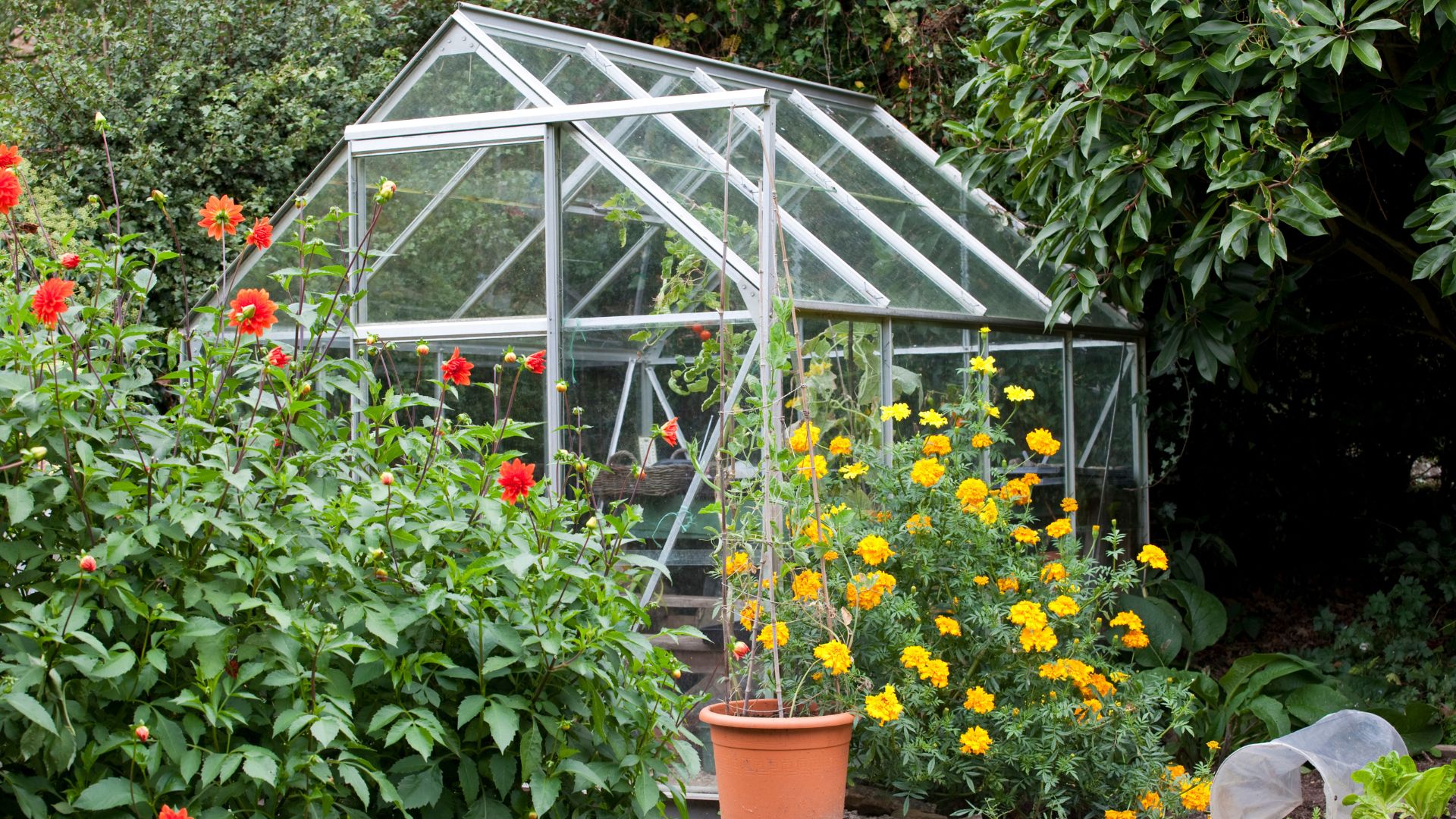
Greenhouses are one of our favourite cottage garden ideas; however, they do take up a lot of space, so if you're trying to make your small garden look bigger, you may not have one. If you do, however, now is a good time to give it some TLC.
"Once summer crops have finished and been removed, you can clean out your greenhouse so it is prepared for winter. You should also remove any shade netting or wash off shading paint before light levels fall at the end of the month," recommends Richard.
"Greenhouse vents may need to be shut at night if the weather is cooler, and September is the ideal time to check that any heaters are still working properly," he continues.
FAQs
What jobs shouldn't you do in September?
Just as there are common summer gardening mistakes to avoid during the warmer months, there are some tasks you should not be doing this month.
Julian says, "While pruning deciduous trees and shrubs can be beneficial, heavy pruning in September can stimulate new growth that may not harden off before winter, making it more susceptible to frost damage."
Along with this, Julian warns against sowing tender annuals in September as these plants are particularly sensitive to frost and might not survive the winter conditions.
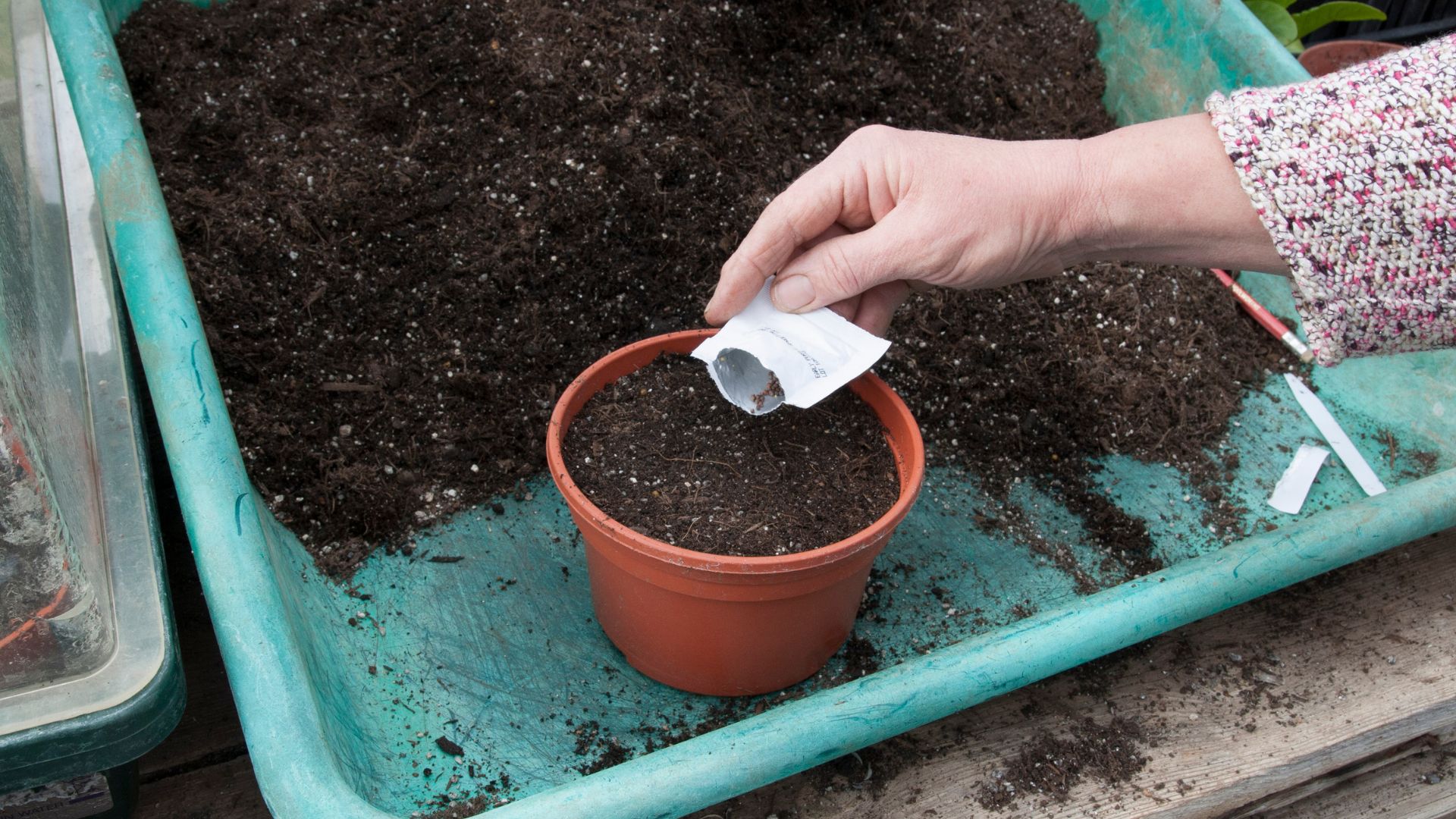
Is September a good time to sow seeds?
If you're looking to transform your garden on a budget and grow plants from seed, you may be wondering when the best time to do so is. Well, unfortunately, that depends on what you're sowing.
"September is a good time to sow seeds, as it can give certain seeds the chance to develop a strong root system before frosts arrive. The soil will still be warm from summer, but the increased chances of rain provide more moisture," starts Richard.
"Cooler nighttime temperatures can encourage seeds to establish without bolting. Some of the seeds that can be sown in September include spinach, salad leaves, broad beans, radish and turnips," he adds.
There are various vegetables to plant in September too, so if you've got an allotment or an at-home veggie patch, the time to start sowing is now!
What to do on the allotment in September?
You might be way past vegetable gardening for beginners, so much so that you have your very own allotment. Should that be the case, there's much to be done as we enter the autumn-winter months.
"Many crops are ready for harvesting in September, such as onions, tomatoes, potatoes and autumn-fruiting raspberries. Leafy greens can also be sown in September to achieve early spring harvests, or you can sow fast-growing vegetables like turnips or radishes," suggests Richard.
He also recommends sowing green manure. If you have patches of earth that are to be left bare over winter, Richard says it's a good idea to sow a green manure over these areas. Doing so will suppress weeds and add nutrients to the soil. It's a win-win.
If you want to get even more prep done this month, Petar says you can start bulb planting for spring flowers.
"In September, you can prepare for spring by planting spring-flowering bulbs, such as tulips, daffodils, and crocuses, at the recommended depth for your region. When performing this task, remember that they will prefer a sunny location, while others may thrive better in shady areas," he explains.

Emily joined woman&home as a staff writer after finishing her MA in Magazine Journalism from City University in 2023. After writing various health and news content, she now specialises in lifestyle, covering unique cleaning hacks, gardening how-tos, and everything to help your houseplants thrive.
You must confirm your public display name before commenting
Please logout and then login again, you will then be prompted to enter your display name.
